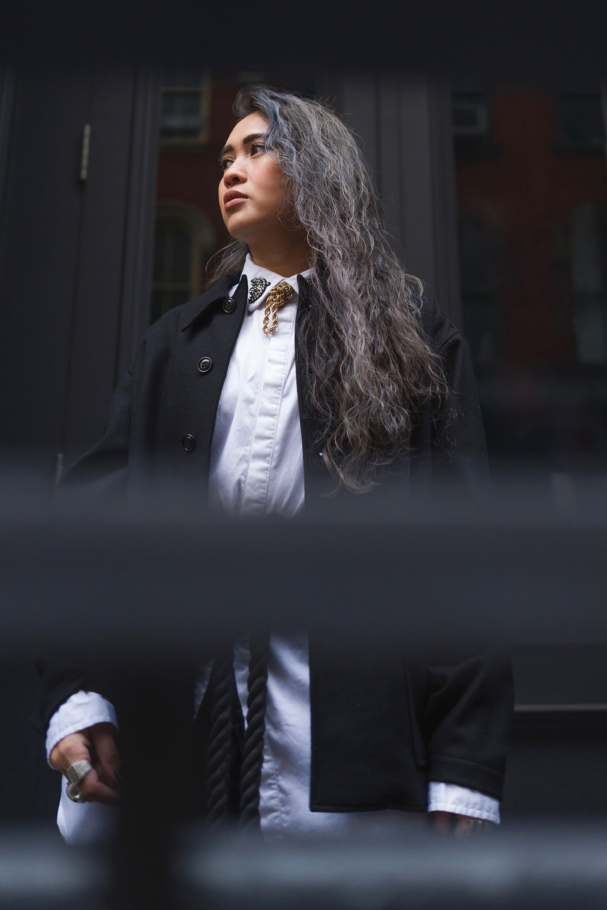
GLOBAL “WOMEN” VILLAGE: LADY MAXIMO.
Founded by Omar Marhri, Wadood Suberu and Salman Abukar. SËBOU is a Swedish design company founded in Sweden in 2019. We want to re-imagine, re-invent, and re-generate the artisanal craftmanship of Moroccan rug making. SËBOU was never really a fixed idea that just came to Omar (designer), it was more of a process, starting with growing up around rugs and taking an interest in the art and craftsmanship of rug making from a very early age. For thousands of years, the Moroccan Berbs have been knotting carpets in the same way with the same historical designs and materials. We are trying to challenge what has been, mixing old with new, Swedish, Morocco, and Ghana. As a designer Omar, became genuinely inspired by Märta Måås-Fjetterström’s art of weaving.
HISTORY
The history of Moroccan rugs dates back thousands of years, and traditionally, Moroccan rugs have always been woven by tribal peoples for their utility rather than for decorative purposes. Moroccan rugs may be very thick with a heavy pile, making them useful for the snow-capped Atlas Mountains, or they may be flat woven and light as to suit the hot climate of the Sahara desert.
The nomadic Moroccans and Berber tribes used these pile, knotted, and flat-woven carpets as bed coverings and sleeping mats, as well as for self-adornment, and burial shrouds. Some of these rugs were also used for saddle blankets. Amazing aspects of Moroccan rug art is how the weaver succeeds to unveil their profound desire of intimate self in abstract, geometric, and symbolic forms.
The whole composition of the Moroccan rug is often dedicated to birth or fertility in general. In many rugs, the sequence of motifs indicates the course of an event. It may then appear as a mirror of feminity and of the phases in the life of a woman. In some cases with a little imagination, one can clearly recognize childhood and virginity, bridal state, union, pregnancy, birth pains, birth, and the newborn child.
What does Sebou mean?
The Sebou River traverses from the mountains of northern Morocco down to the city of Kenitra and out into the Atlantic Ocean, giving water and life to the area, and the people, around it.
Just like its namesake, SËBOU weaves together the past and the present, innovation and tradition, the subtlety of Scandinavian design and the vibrancy of Moroccan culture, to bring to life one-of-a-kind, handmade rugs. There of the reason for us naming the brand SËBOU.
Morocco should be on everyone’s bucket list. Tell us why and how you guys ended up in Morocco?
We organically ended up in Morocco, Kenitra. It is as simple as; Omar is of the Moroccan diaspora. He moved to Morocco from Sweden at an early age. He had the privilege of experiencing the country from a native’s perspective but with a Scandinavian eye. That’s is why he, at a very early age, saw a potential in mixing both cultures and bringing a uniquely designed products to the world.
Generally speaking, Morocco is a must-see for everyone interested in North African culture. You can experience everything from the sandy/stony Sahara Desert with shapes that’s has inspired SËBOU BELDI rug designs. Historical places like Fez, Chefchaouen is known as the Blue City. Obviously, Marrakech and Casablanca for its city vibe or Essaouira and Kenitra for its surf.
With the world clearly shifting and things changing rapidly right now what are you most afraid of?
We feel like there is very little for us to fear in this world, even as it is shifting. Honestly, to us the shift is already here. It starts with investing in culture not products. By that we mean taking the time to learn and understand how a product is made and why it is made. SËBOU wool rugs are made with zero waste, the weaving is made in a traditional way with no emissions/pollution and our Cherouitte rugs are made of leftover textiles from the fashion industry.
It’s more important now than ever for us to focus on making sure we support the weavers, get back into production, keep designing, and develop the brand and our product. Check out Sebou online at www.sebou.se or instagram @sebou.se










